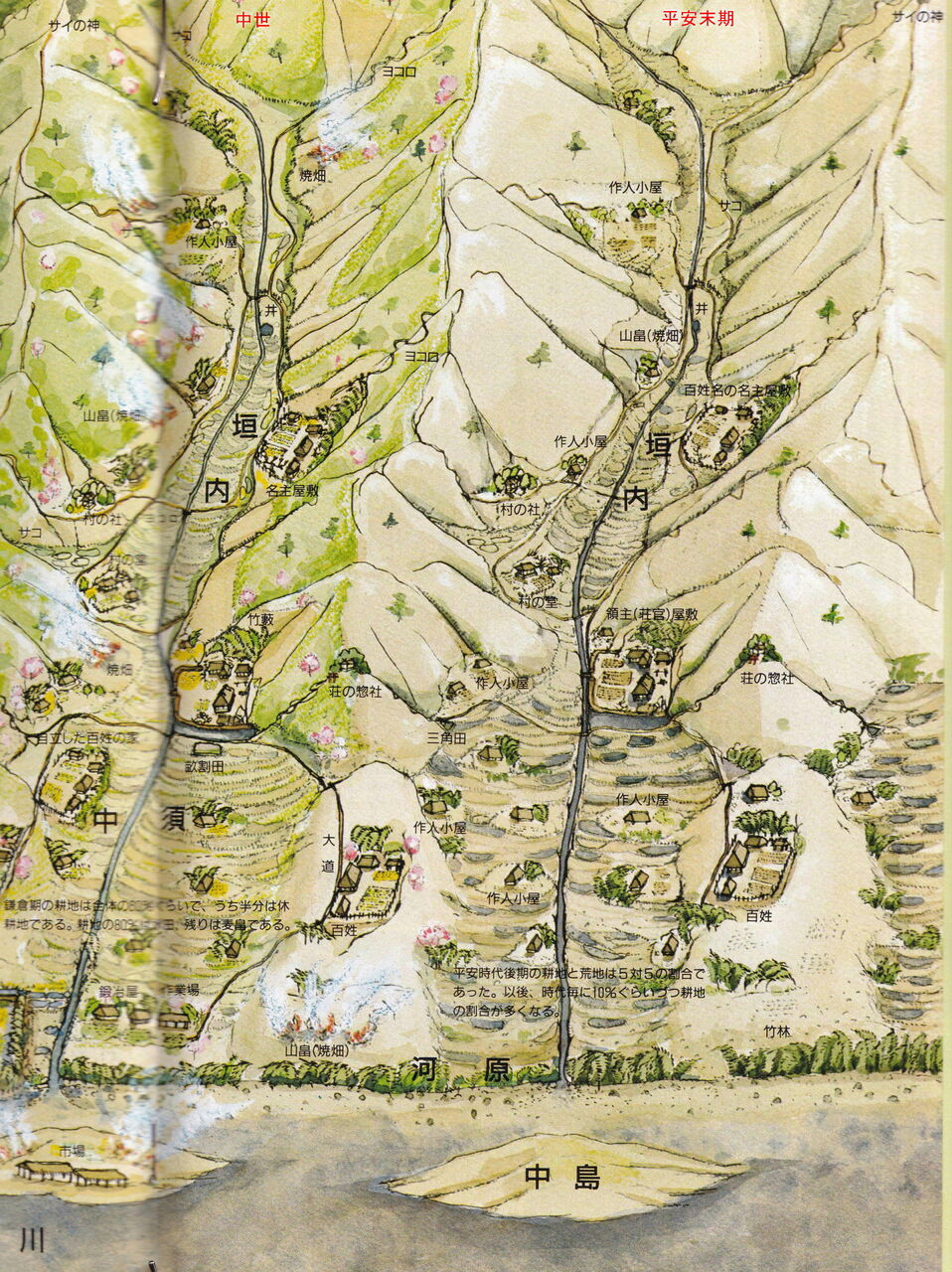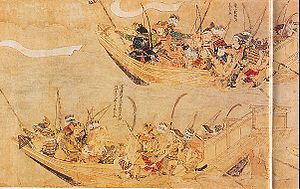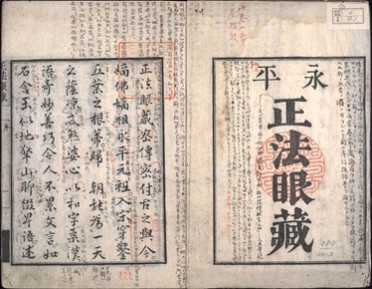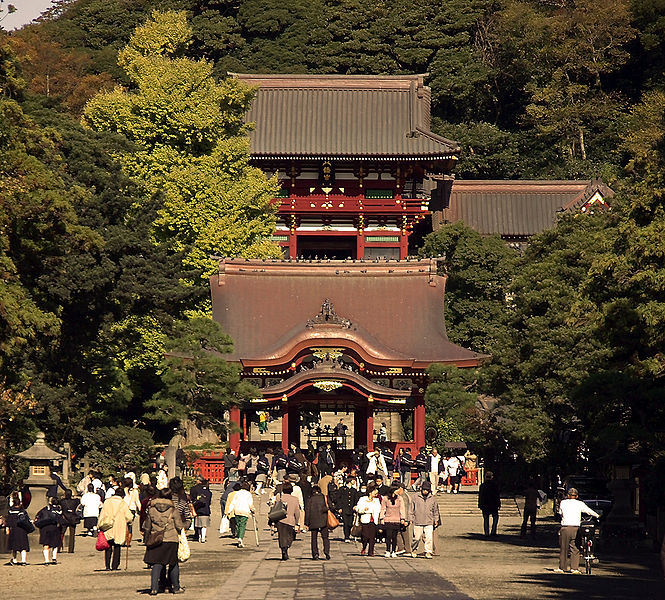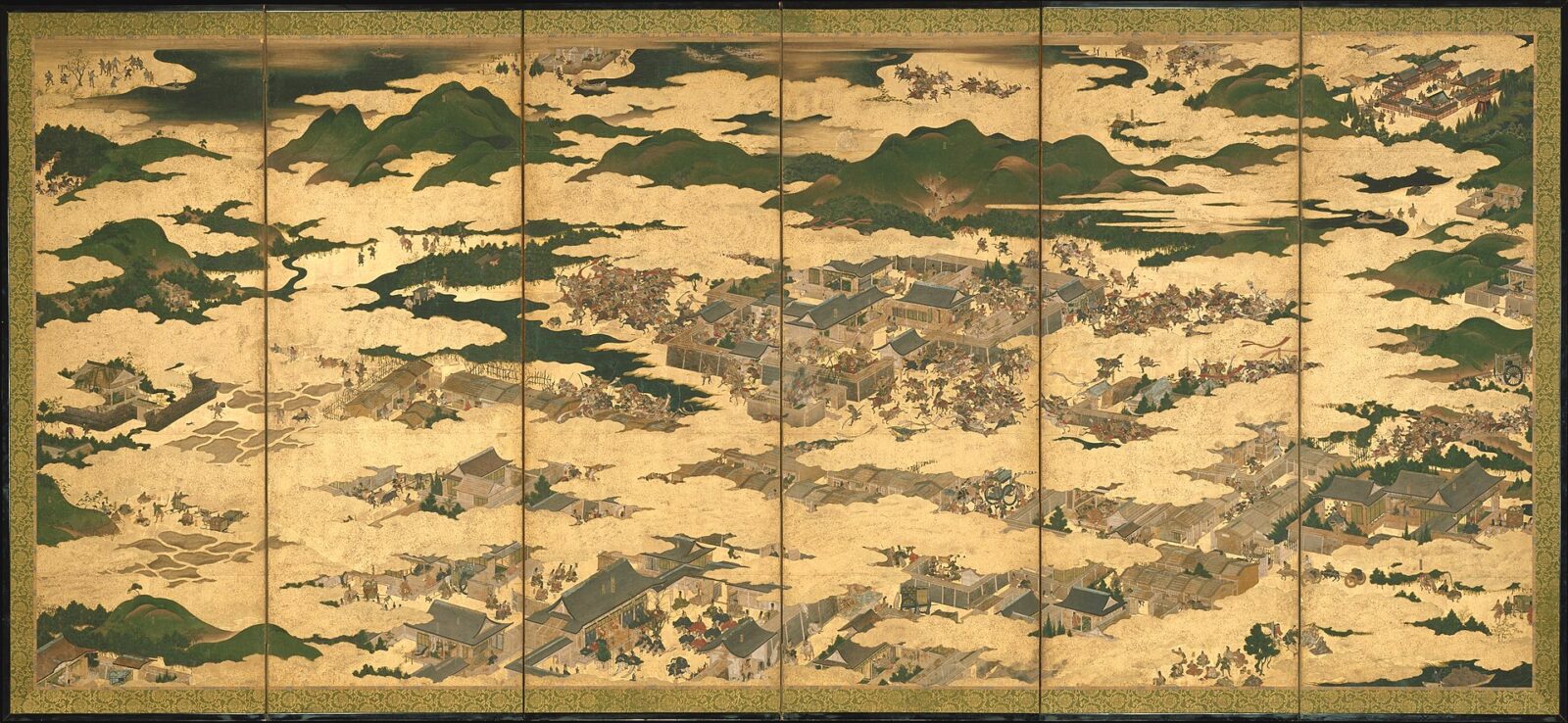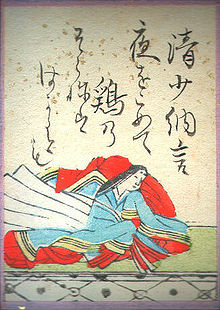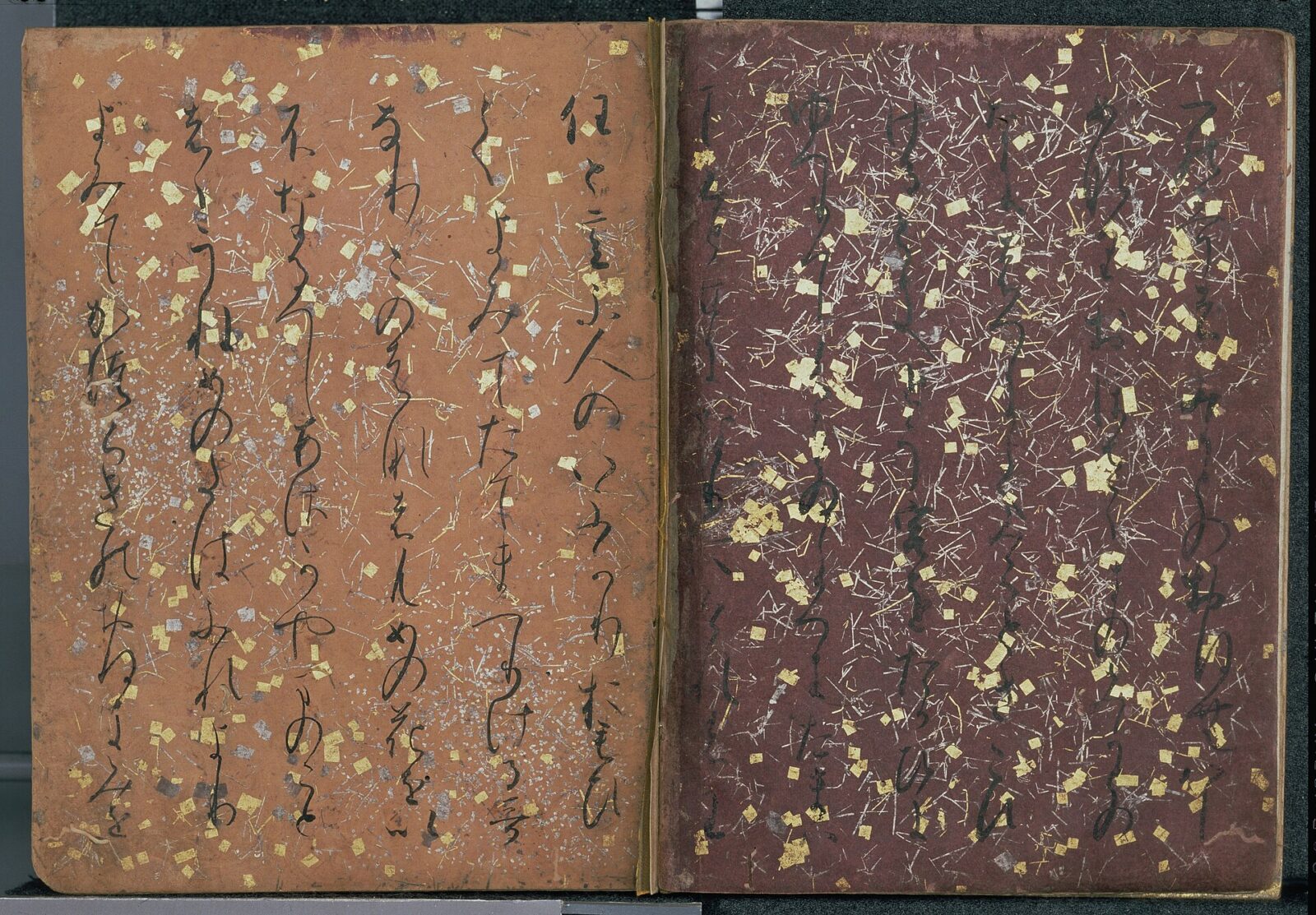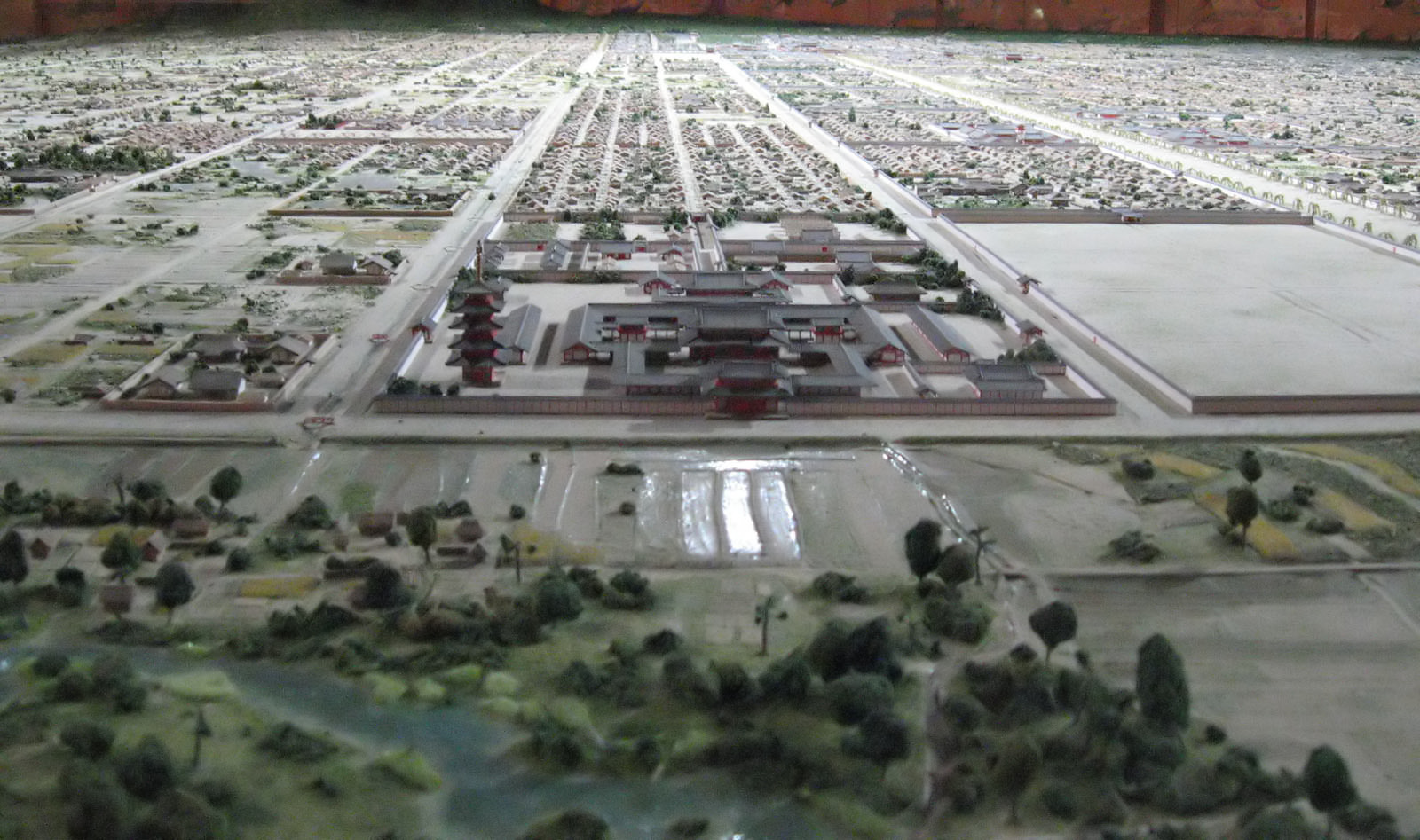This week: the dramatic career of Emperor Go-Daigo, who brought down the Kamakura shogunate and ended Hojo rule in Japan.…
This week, we’re taking a look at some of the economic and social structures of Kamakura period Japan in order…
This week: why did the Mongols invade Japan? How did a seemingly invincible military machine falter in its assaults on…
This week: the advent of the medieval era brings with it new strands of Buddhism that will radically remake the…
This week: the rise of the Minamoto clan, the destruction of the Taira clan, and the birth of a new…
This week, we’re covering the beginnings of the rise of the samurai class by looking at the wars of the…
This week, we turn our attention to two of the defining institutions of the Heian period, both of which will…
This week on the podcast, we’re all about literature. We’ll be exploring the varieties of poetry and prose that have…
This week, we take a step away from politics to talk about two crucial subjects. First, we have the evolution…
This week in the Revised History of Japan: in a bid to strengthen the power of the imperial family, Emperor…
